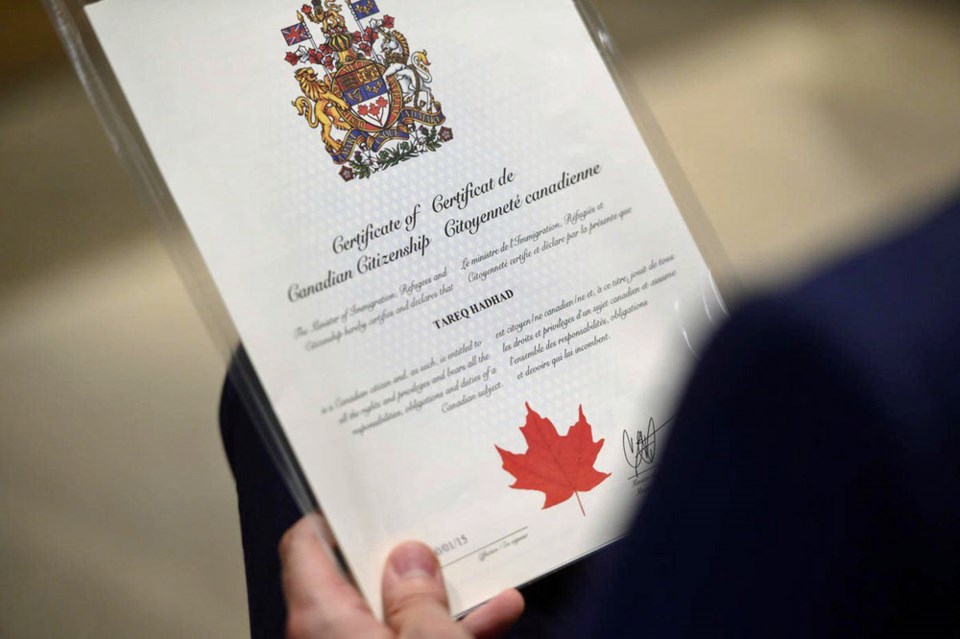For numerous reasons, the global population is projected to begin declining in the next century. Most experts see this as a good thing, as it will relieve pressure on the environment and global resources.
Population decline has already begun in countries with low birth rates and low rates of immigration. A declining population brings about challenges. Countries like Italy, Japan, and Hungary for example, will not have enough young workers to keep their economies viable and support their aging populations. Italy’s population has been declining since 2014 and is on track to decrease by 20% by 2070. In addition, the population is aging, with 23% already being over 65.
Given this reality, current negative attitudes toward immigration in many countries are not only morally distasteful, but they also make no economic sense. Young people in developed countries are having fewer children, and this trend is unlikely to change. As baby boomers leave the workforce, there will be fewer and fewer workers left to replace them. No economy, no matter how strong, can sustain this pressure for long.
The obvious solution is immigration. Contrary to the beliefs of many, immigration strengthens the economy of a country. Immigrants tend to be young workers who have families. They buy products, pay taxes, and encourage their children to get a good education.
Countries like Canada are able to gain even more advantages from immigration by using the promise of a better life in a stable country to attract the best and the brightest from the developing world.
Canadians tend to look disparagingly at countries on the coastline of the Mediterranean Sea or who have a physical border with Latin America. If we are truly honest with ourselves, however, we recognize that our unwillingness to allow significant numbers of brown and black refugees into our country is no less disgraceful or foolish. I make this statement as the grandchild of Arab refugees to North America from the last century. I see the contribution my family is making as highly educated and productive professionals throughout the continent, and statistics show that we are far from unique.
While her policy seemed controversial at the time, Angela Merkel’s decision to bring one million largely well-educated and young refugees into German in 2015 will be seen as a brilliant maneuver when the German economy continues to thrive while those of many of its European neighbours edge toward bankruptcy.
A viable argument can be made, of course, that refugees are not the most ideal immigrants. All countries would like to have the luxury of Canada where we attract our immigrants to suit the needs of our economy. Unfortunately, there are currently 108.4 million forcibly displaced persons in the world, of whom 35.3 million meet the legal definition of refugee.
The best solution to the refugee crisis is not to have refugees. We often forget that people do not want to leave their homes. They are forced to do so in order to escape wars and violence and to protect the lives of their loved ones.
The greatest motivator to fight wars that create refugees is the profitability of the war machine. Therefore, it is no coincidence that the five permanent members of the United Nations Security Council (France, Great Britain, the United States, Russia, and China) are also among the largest weapons producers in the world. They all need to be called out for their hypocrisy.
The truth is, we can no longer afford to feed the greed of the military-industrial complex. If we are to meet the needs of countries with declining populations in the coming decades, we need to be good to the people from countries with growing populations. We need to invest in schools and hospitals and allow people to live in peace.
There is no place for selfishness and xenophobia. We are all in this world together; when we treat others justly, we are actually helping ourselves.
Gerry Chidiac is a Prince George writer.



